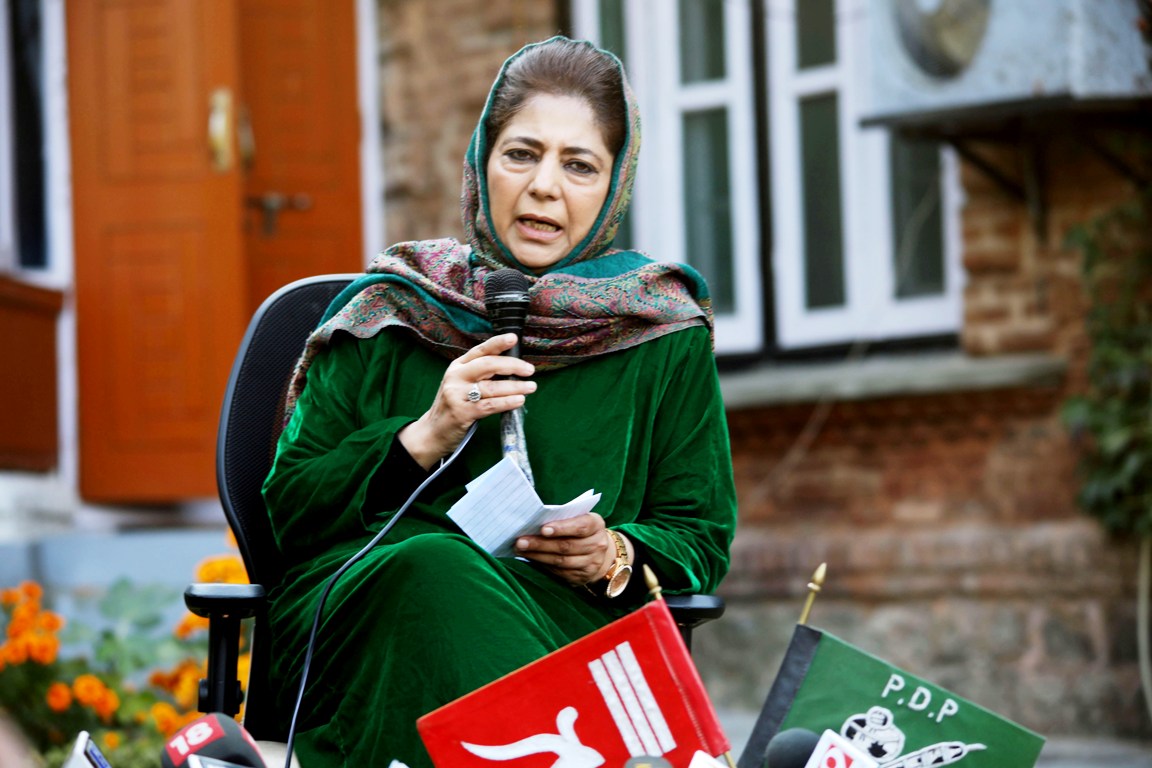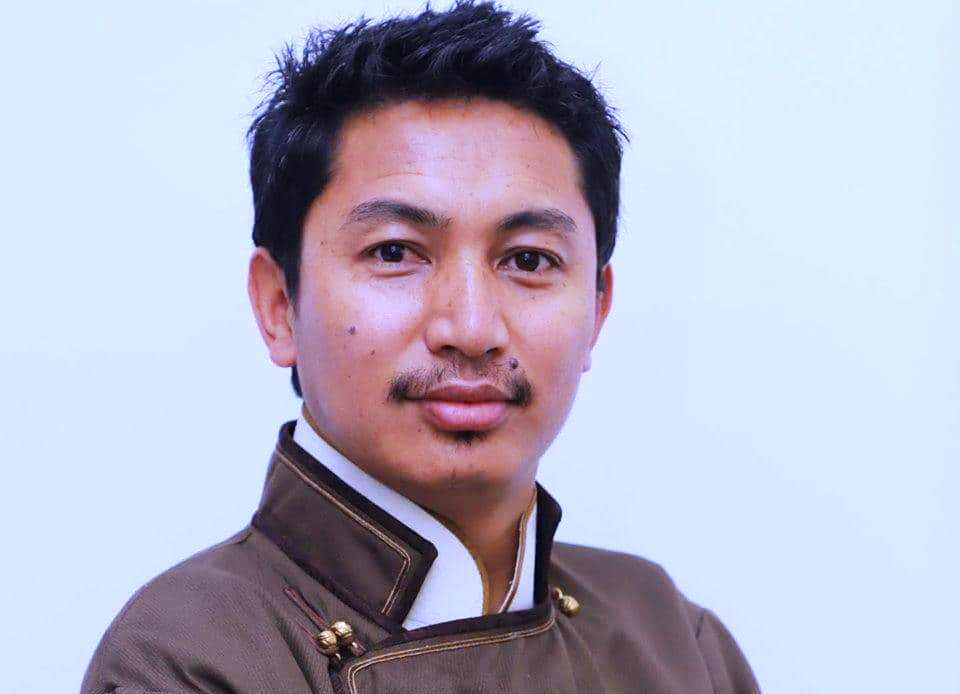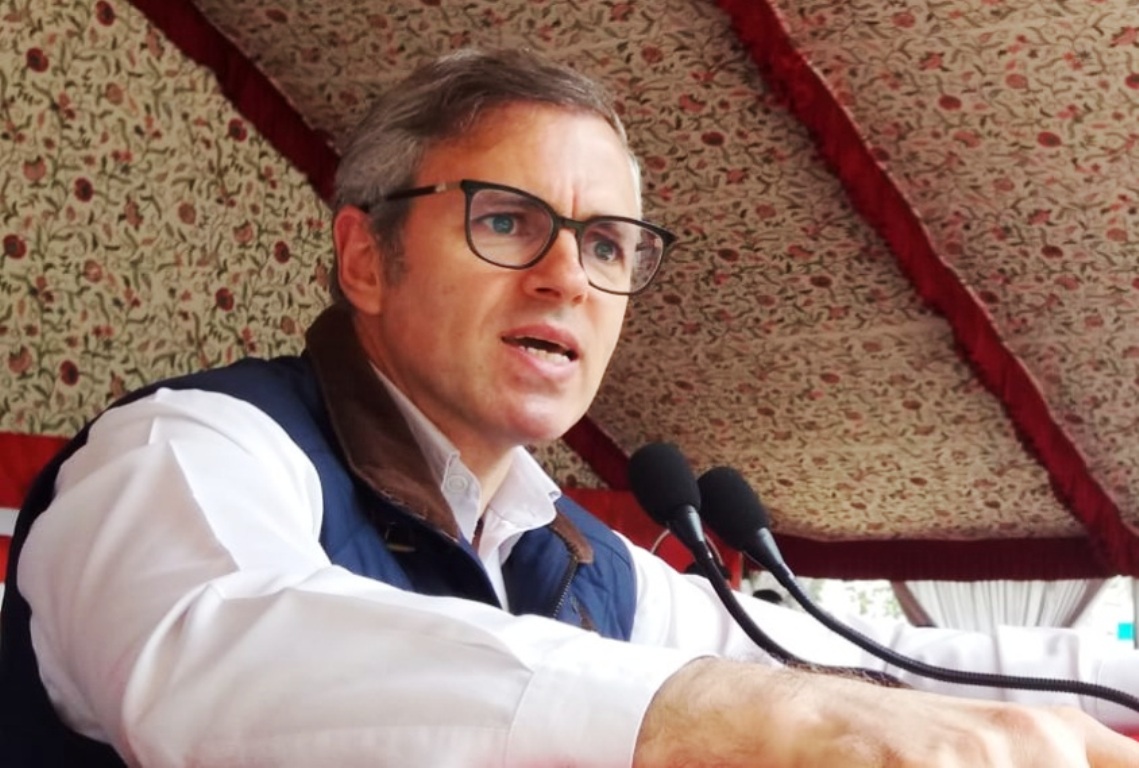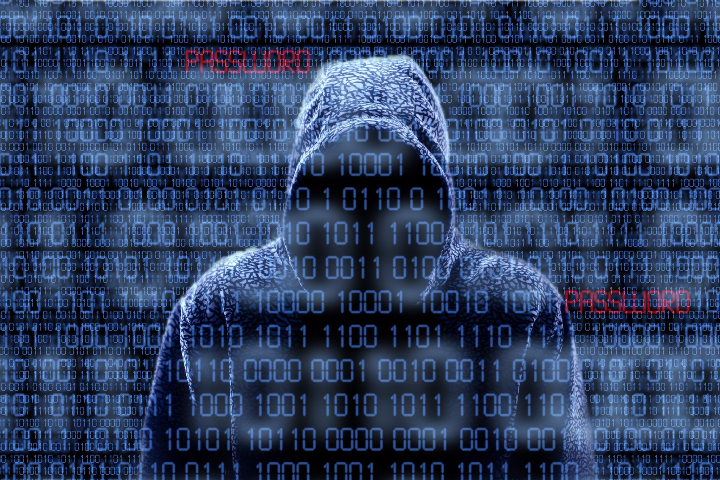SRINAGAR: The Supreme Court on Friday refused to entertain a plea seeking a probe by a Special Investigation Team (SIT) into the targeted killings of Kashmiri Pandits and Sikhs in Kashmir in 1990, reported BarandBench.
According to the report when the matter was called out, a bench of Justices BR Gavai and CT Ravikumar suggested the petitioner-NGO, We the Citizens, to approach the Central government and raise its grievances before the government.
Advocate Barun Kumar Sinha, appearing for the petitioner, sought to highlight the plight of the Hindus in Jammu and Kashmir.
The Bench reiterated that the petitioner could file a representation with the Government of India.
Conceding to the suggestion, the counsel sought for liberty to withdraw the petition.
The top court allowed the same and granted liberty to the petitioner to file a representation to the appropriate authorities and withdraw the petition.
The PIL besides seeking SIT probe also prayed for the rehabilitation of those who migrated out of the Valley.
The plea prayed that SIT be formed to identify those who ‘aided and abetted the genocide’ of the Hindu and Sikh communities in the erstwhile State between 1989-2003.
The report said that the NGO alleged that the police and other State machinery at the time were influenced by the leadership of the ruling political parties so much so that no legal action was taken against the perpetrators and masterminds of ‘the religious killings and exodus’.
A number of first information reports registered were not pursued to their logical conclusion even as it has been over 30 years since the ‘ethnic cleansing’, it was contended.
The PIL prayed for directions to the respondents – the Union government and the Union Territory of Jammu & Kashmir – to conduct a census of Hindus and Sikhs of Jammu & Kashmir, who have been victims/survivors of genocide and are now residing in different parts of India.
It also sought a direction to the respondents to declare as null and void, all sale of properties post exodus in January 1990 whether religious, residential, agricultural, commercial, institutional, educational or any other immovable property, reported BarandBench.















